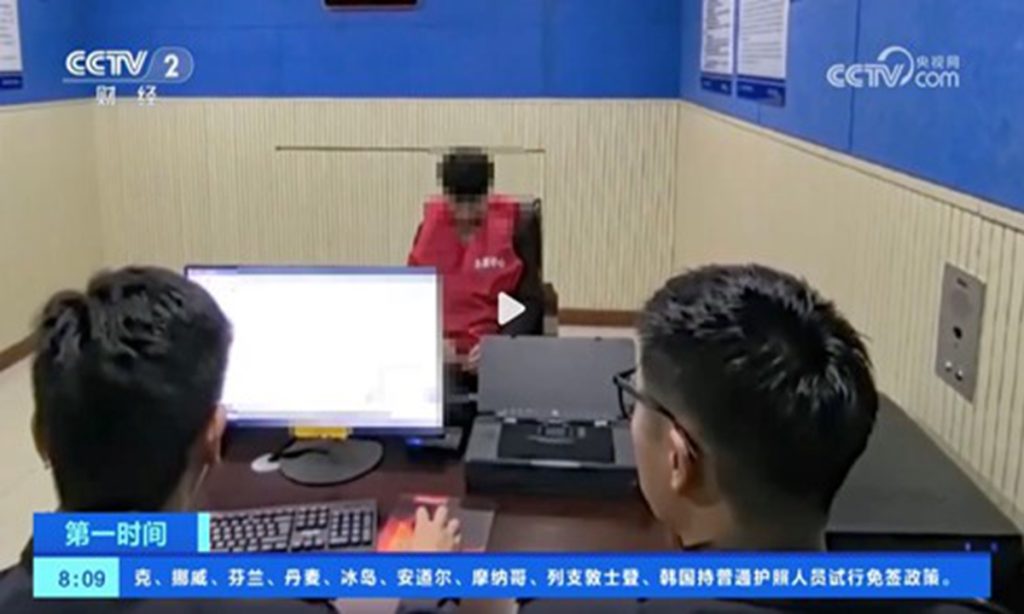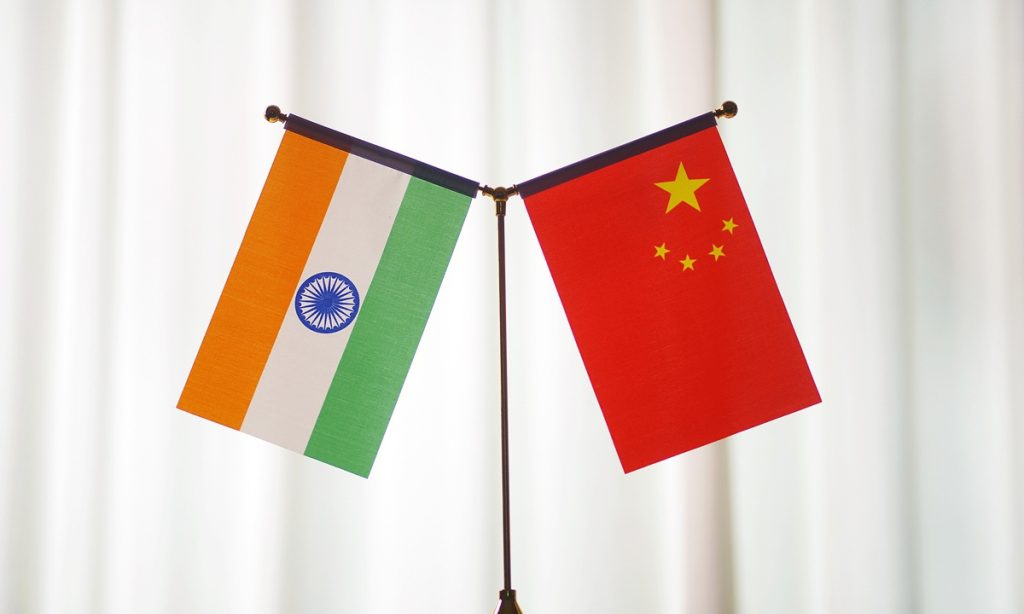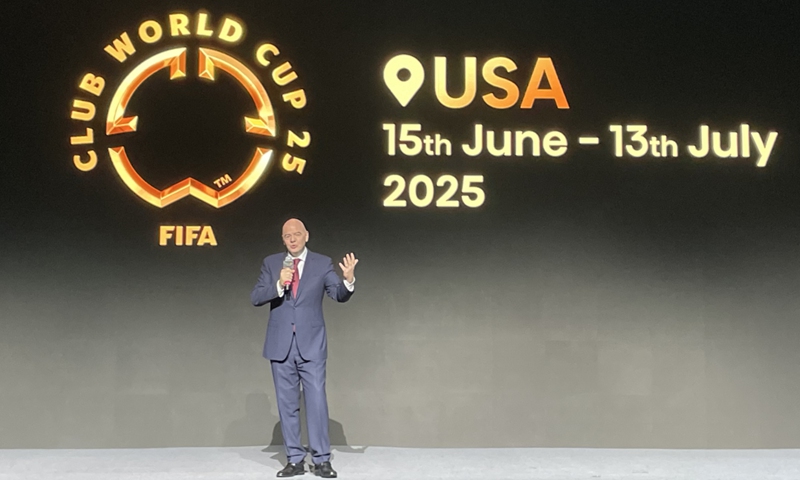Man detained by police for using AI to fabricate stories of child's loss, disrupting public order

A man surnamed Gao in Datong, North China's Shanxi Province, used artificial intelligence (AI) technology to fabricate a story about his four-year-old child going missing in order to gain attention on social media. After investigating the case, local police detained him for spreading false information.
Gao posted four videos documenting his search for his child. In the video, he claimed his child accidentally went missing, and expressed deep anxiety and self-blame as a father, saying he planned to travel to Heze, East China's Shandong Province, to find his child.
The video sparked widespread sympathy among netizens. Many expressed support for the 'child-seeking father' and offered assistance in his search.
His video immediately drew the attention of local police.
"Through extensive checks and investigation, we found no recent reports of missing children in our district, confirming that this supposed case was fabricated," said a police officer surnamed Wang who is responsible for the case.
Further investigation by the police revealed that the photo he claimed as "the missing child" was actually an AI-generated image.
When questioned by police, Gao admitted his child was never missing. He used the AI-generated pictures to create a fabricated story and gain public sympathy, so as to increase his social media following and boost his live-stream sales.
Given that Gao spread misinformation online, disrupting public order, police detained him under public security measures.

